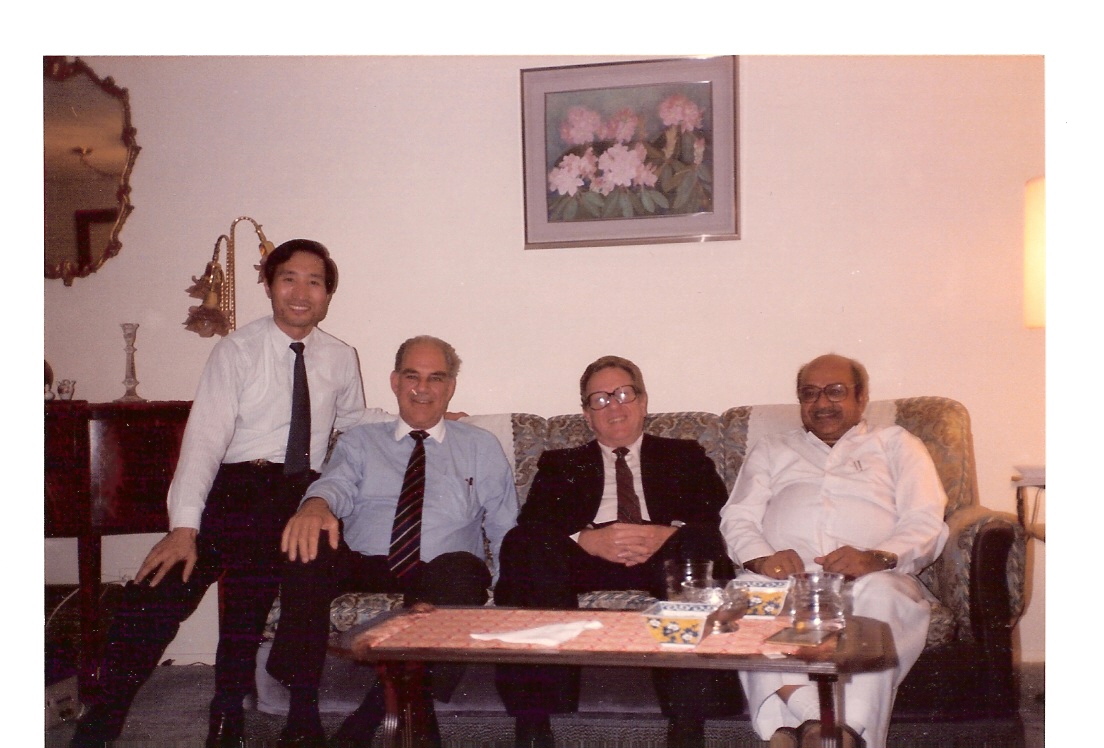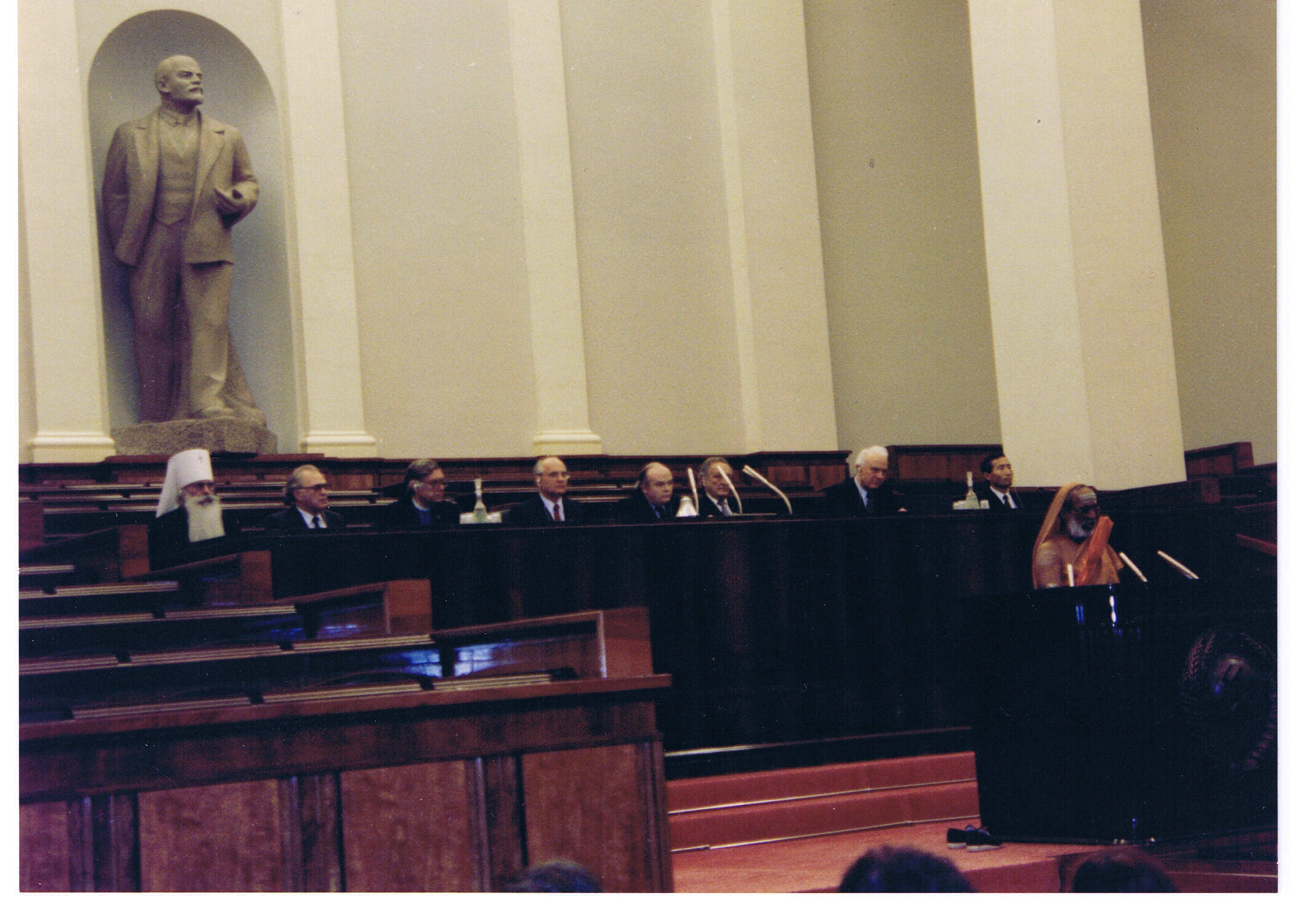by Akio Matsumura
In his welcoming remarks at the United Nations General Assembly, Secretary General Ban Ki-moon drew attention to the plight of refugees fleeing Syria and the political and humanitarian challenges of and responsibilities for Europe’s leaders and citizens as more and more people seek safe haven. More than 4 million have fled Syria since 2011, and that number grows as you include those from Iraq, Afghanistan, and other countries where it is safer to flee than stay put.
Southern and Eastern Europe — Greece, Italy, Hungary, Albania, Macedonia, Montenegro, Serbia, Austria, Slovakia, Czech Republic, Bulgaria, Romania, Turkey, Poland, Germany – the countries who bear the large share of the burden on the receiving end, are no strangers to conflict, revolution, or dramatic change.
A September New York Times editorial asks Eastern Europe to remember its own past:
… Continue readingEven as Europe’s greatest refugee emergency since World War II grew more acute, prompting Germany and some other nations to temporarily shut their borders, European Union interior ministers failed on Monday to agree on even a limited mandatory distribution of refugees for resettlement among member states. That tragic reaction was all the more shameful because those most adamantly opposed to quotas were some Eastern European countries that recently basked in and richly benefited from the embrace of their Western neighbors. The Central and Eastern Europeans were not alone in their resistance, and there are explanations for their reaction. Most of the countries that were liberated from the Soviet yoke 25 years ago are still poorer than their neighbors and have not shed a sense of victimhood; many have never had large numbers of people from distant parts of the world on their lands; and many have only a limited familiarity with the crises of the Middle East.



